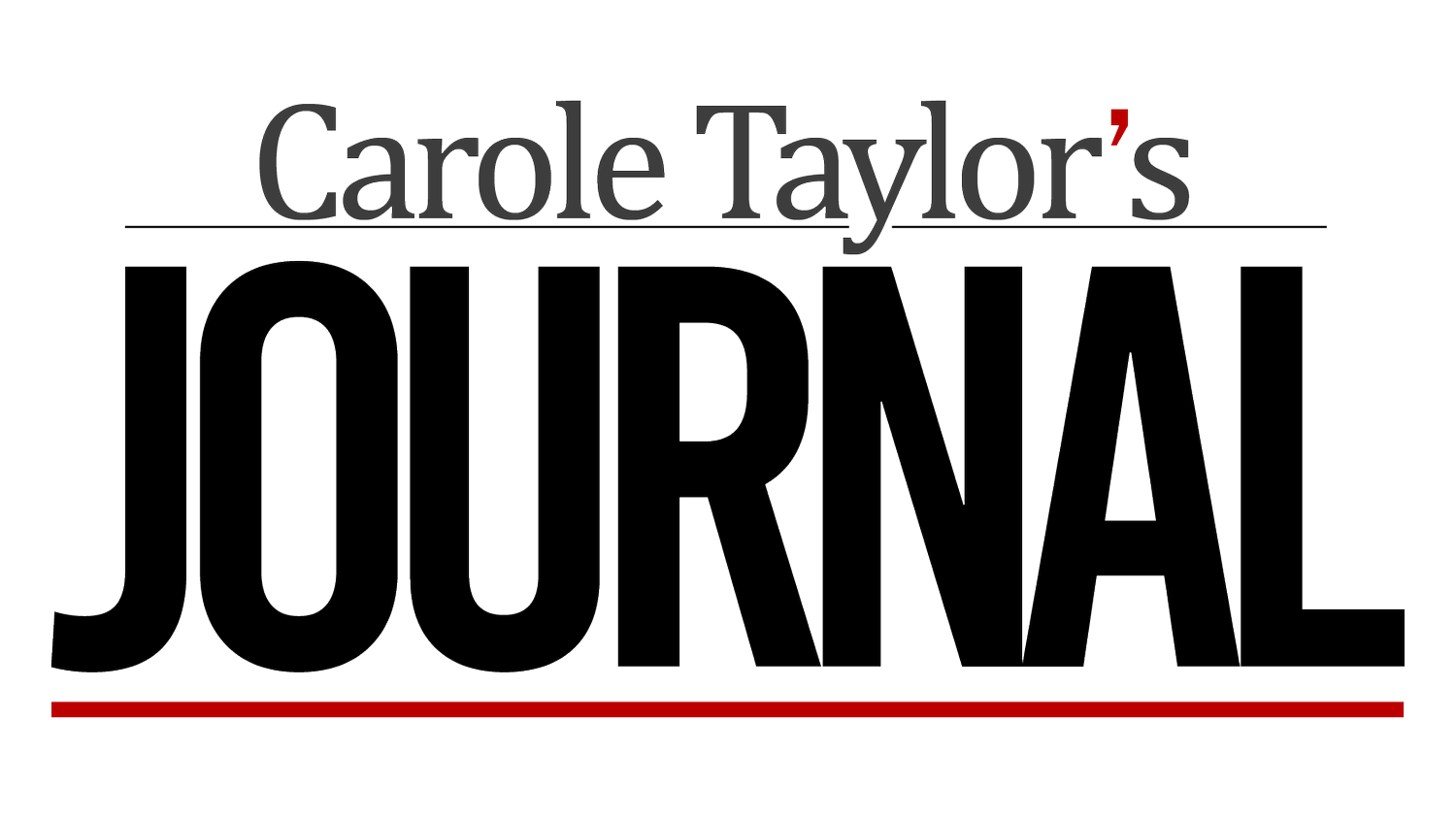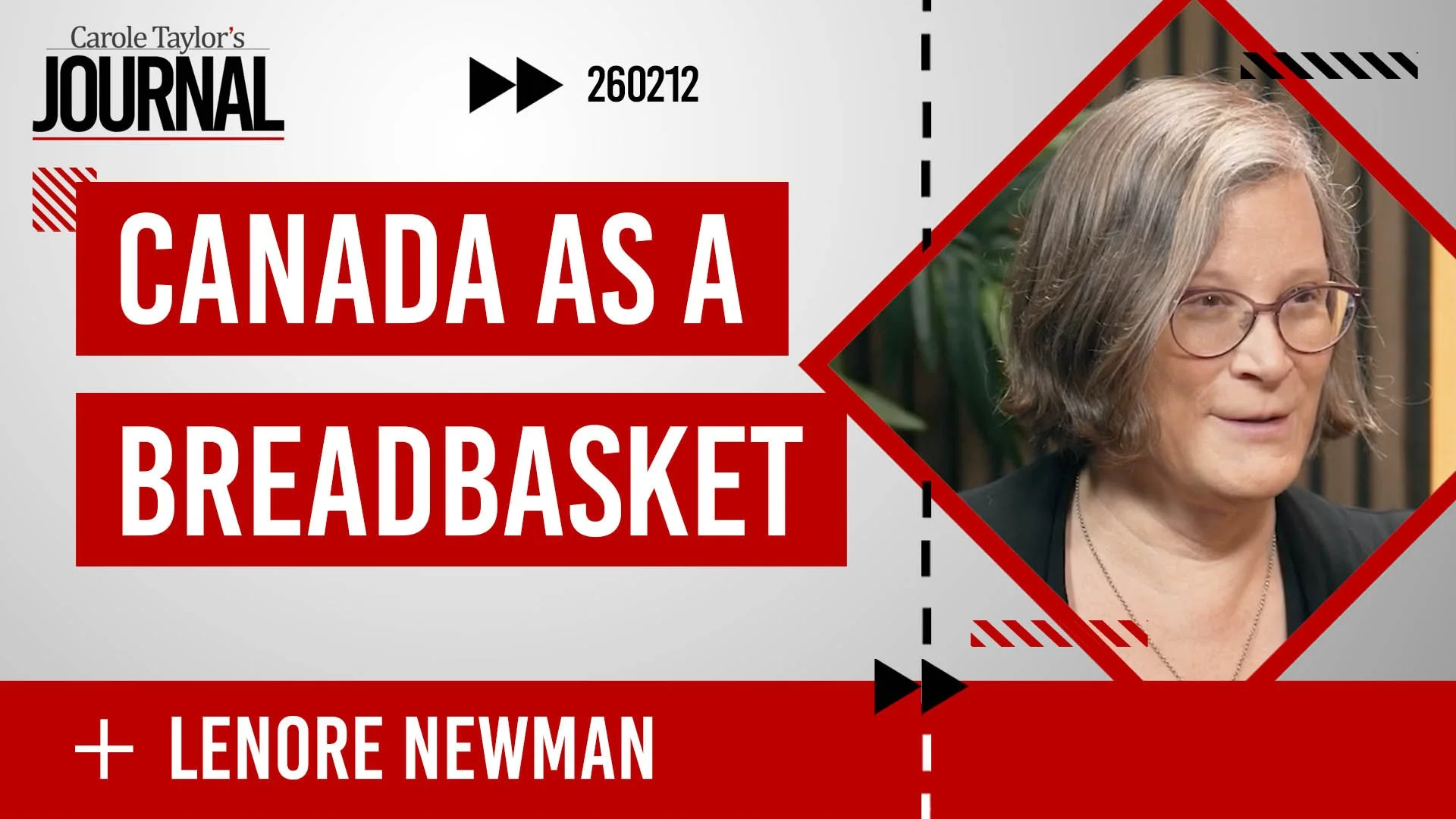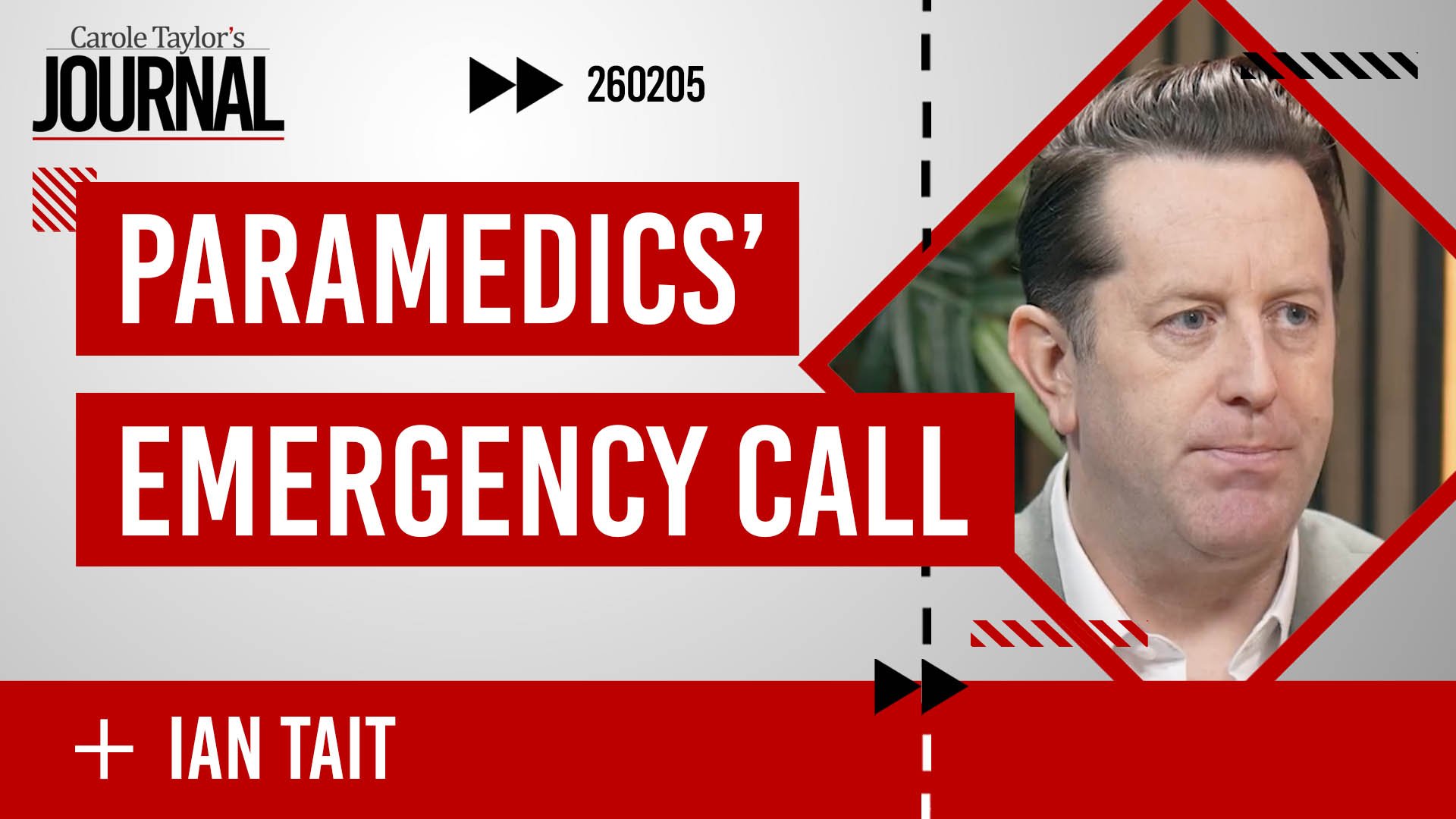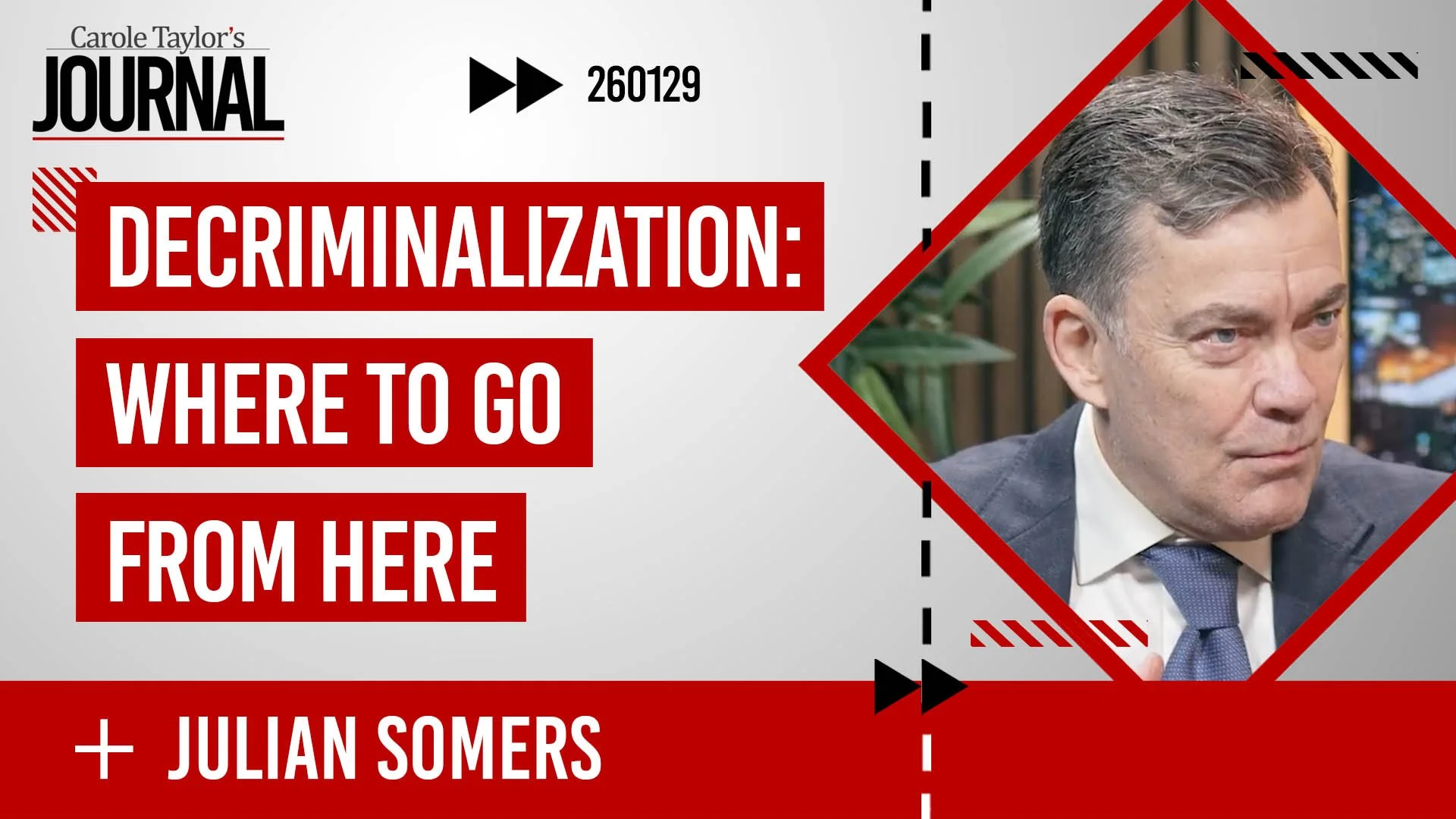Unreliable Rural Health Care
Guest: Paul Adams, Rural Health Network
On this edition of Journal, we focus on the rural-urban divide in healthcare.
Mayor Goetz has spoken movingly about the stress in his community of Merritt caused by the intermittent and unpredictable closings of his hospital’s ER. What do you do when your emergency department is closed and the next nearest is, maybe, a hundred kilometres away?
How many times in the last year have we seen these “temporary” closures in headline after headline, affecting hospitals throughout British Columbia? And it is not just ER closures – we have also seen pediatric care in Kelowna under threat, as well as maternity care in Kamloops and Prince George.
It’s as though we have come to accept the current state of healthcare delivery as the new model.
There are other issues: if your rural hospital can’t do complex operations and you must travel to a city centre – well, who pays for these additional expenses? Not just travel costs but also hotel stays if the procedure requires extended care. And doesn’t the Canada Health Act promise reasonable access to healthcare wherever you live?
Dan Levitt, BC’s Seniors Advocate, also raises the issue of long term care in rural communities. Where do you go if your community just doesn’t have these services?
Working on all these issues is Paul Adams, the executive director of the BC Rural Health Network. This network brings together more than 30 rural municipalities, several regional districts, and more than 70 non-profits to focus on needs and possible solutions. He believes this rural-urban divide has gotten worse since COVID.
So what can we do about it?
Enjoy this episode via podcast or YouTube:




